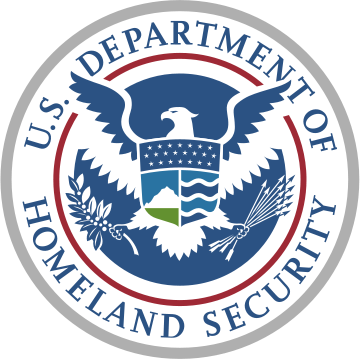October is National Cyber Security Awareness Month by Department of Homeland Security.
National Cyber Security Awareness Month encourages vigilance and protection by sharing tips and best practices in regard to how to stay safe.
Small businesses are a large target for criminals because they have limited resources dedicated to information system security. Cyber criminals look for access to sensitive data.
Create a cyber security plan
The Federal Communications Commission offers a Cyber Planner for small businesses. The planner guide allows specific sections to be added to your guide, including Privacy and Data Security, Scams/Fraud, Network Security, Website Security, Email, Mobile Devices, Employees, Facility Security, Operational Security, Payment Cards, Incident Response/Reporting and Policy Development/Management.
Generate a personalized Small Biz Cyber Planner Guide.
Establish Rules and Educate Employees
Create rules and guidelines for protecting information. Educate employees on how to post online in a way that does not share intellectual property. Clearly explain the penalties for violating security policies.
Network Protection
Deploy and update protection software, such a antivirus and antispyware software, on each computer within your network. Create a regularly scheduled full computer scan.
Manage and assess risk
Cyber criminals often use small businesses that are less-protected to get to larger businesses. Being a victim of a cyber-attack can have a huge impact on any business including financial issues, loss of possible business partner(s) and many more issues.
Download and install software updates
Installing software updates from vendors can protect your network for unwanted viruses and malware. Vendors frequently release patches/updates for their software to improve performance and fine-tune software security. (Example: Adobe Reader, Adobe Flash and Java updates are critical for protection.)
Backup important business data and information
Create a backup plan for all data including documents, databases, files, HR records and accounting files. A regularly scheduled backup can be a full, differential or incremental.
- Full Backup: Backup of all data.
- Differential Backup: Backup of all data that has changed since the last full backup.
- Incremental Backup: Backup of all data that has changed since the last full or incremental backup.
Control physical access
Protecting physical property is a very important role in protecting intellectual data. Create a physical security plan to prevent unauthorized access to business computers and components.
Secure Wi-Fi
Securing your Wi-Fi network consists of a few configurations. Configure a device administrator password for your wireless access point (WAP) or router, require a password for Wi-Fi access and do not allow the WAP or router to broadcast the Service Set Identifier (SSID), also known, as network name.


